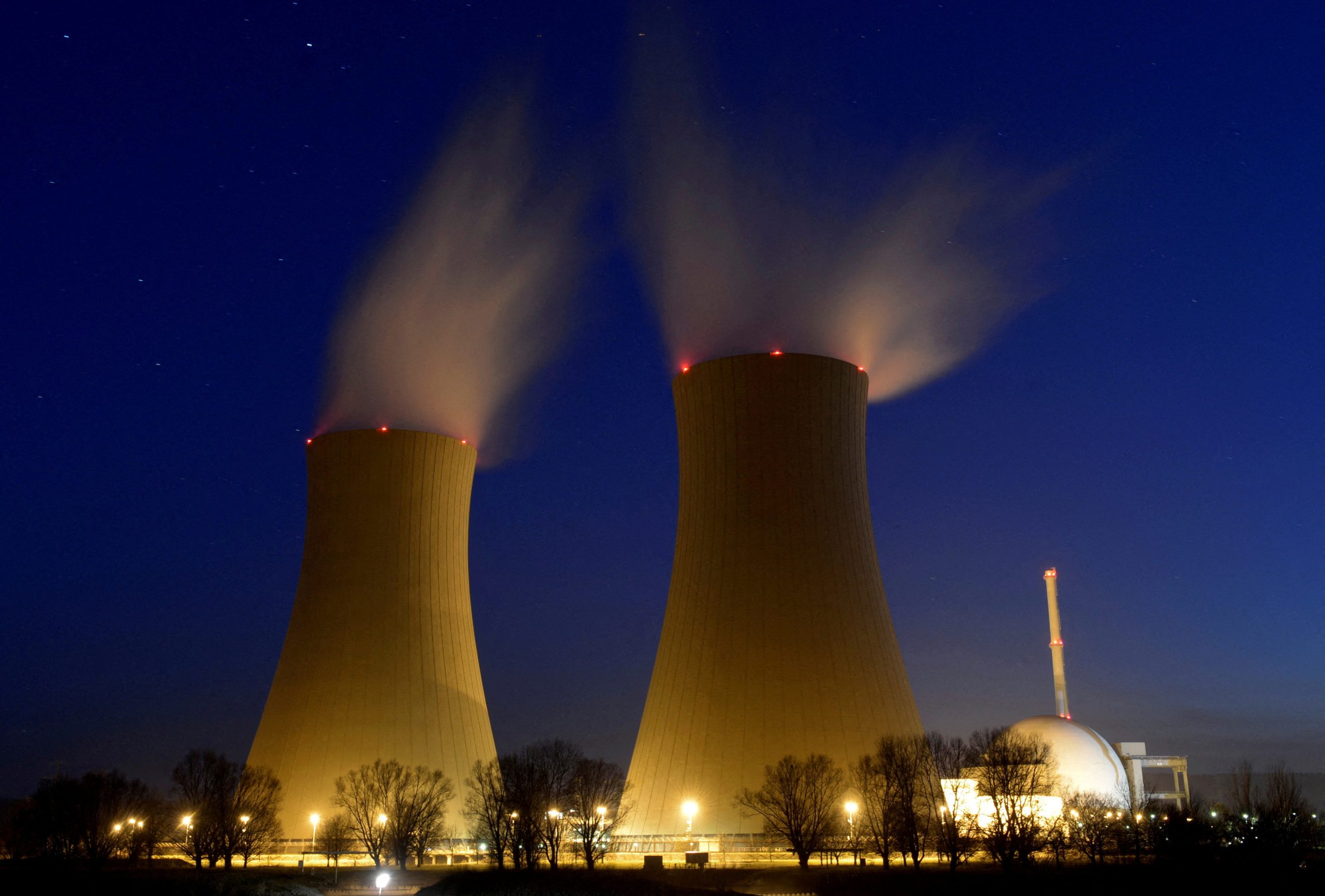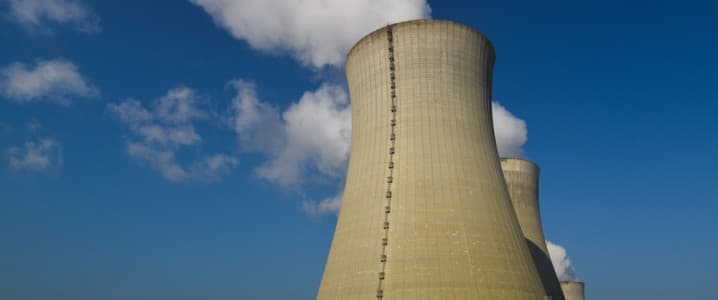The article discusses Russia’s strategy to bolster its economy by expanding its nuclear sector exports to Africa, where energy demand is rising due to rapid industrialization. African nations, facing energy security challenges and aiming to reduce fossil fuel dependence, are turning to nuclear power as a reliable and low-carbon energy source. However, concerns arise regarding long-term reliance on Russian investment and vulnerability to disruptions, especially considering Russia’s current geopolitical tensions.
Despite efforts in the West to reduce dependence on Russian fossil fuels after the Ukraine invasion in 2022, Russia continues to profit from strong nuclear sector exports, mitigating the economic impact of sanctions. To sustain its economy, Russia is increasingly focusing on alliances and export options, particularly in the nuclear energy sector and with emerging economies like those in Africa.
Africa presents significant growth potential for energy ventures due to rapid industrialization and population growth. Nuclear power offers an attractive option for African nations aiming to develop their economies while bypassing fossil fuel dependency, as it provides reliable baseload power without carbon emissions and without the variability of renewable energies.

Russia’s Nuclear Export Push in Africa: Opportunities and Risks Amid Rising Energy Demand (Credits: Reuters)
The African nuclear sector is anticipated to experience substantial growth, with countries like Uganda, Rwanda, and Kenya planning to build nuclear reactors. This expansion aligns with global efforts to invest in nuclear energy expansion amid concerns about climate change. Russia sees this as a lucrative investment opportunity and aims to capitalize on it through its state-operated nuclear energy firm, Rosatom.
Rosatom has been actively pursuing nuclear energy cooperation agreements in Africa, with recent deals in Mali, Burkina Faso, and Algeria. Russia is also involved in construction projects, such as the El Dabaa nuclear power plant in Egypt, where it provides funding and construction services. However, experts warn of the risks associated with dependence on Russia for such critical infrastructure projects, especially amid geopolitical tensions and the uncertainty of long-term partnerships.
The dependence on Russia for electricity provision poses challenges for emerging economies like Egypt and other African nations, as it creates a reliance that could be disrupted or terminated due to geopolitical instability.
This is particularly concerning for nuclear power plants, which have long construction timelines. Critics argue that such dependence could lead to vulnerability and potential project termination, highlighting the need for careful consideration of partnerships and diversification of energy sources.























